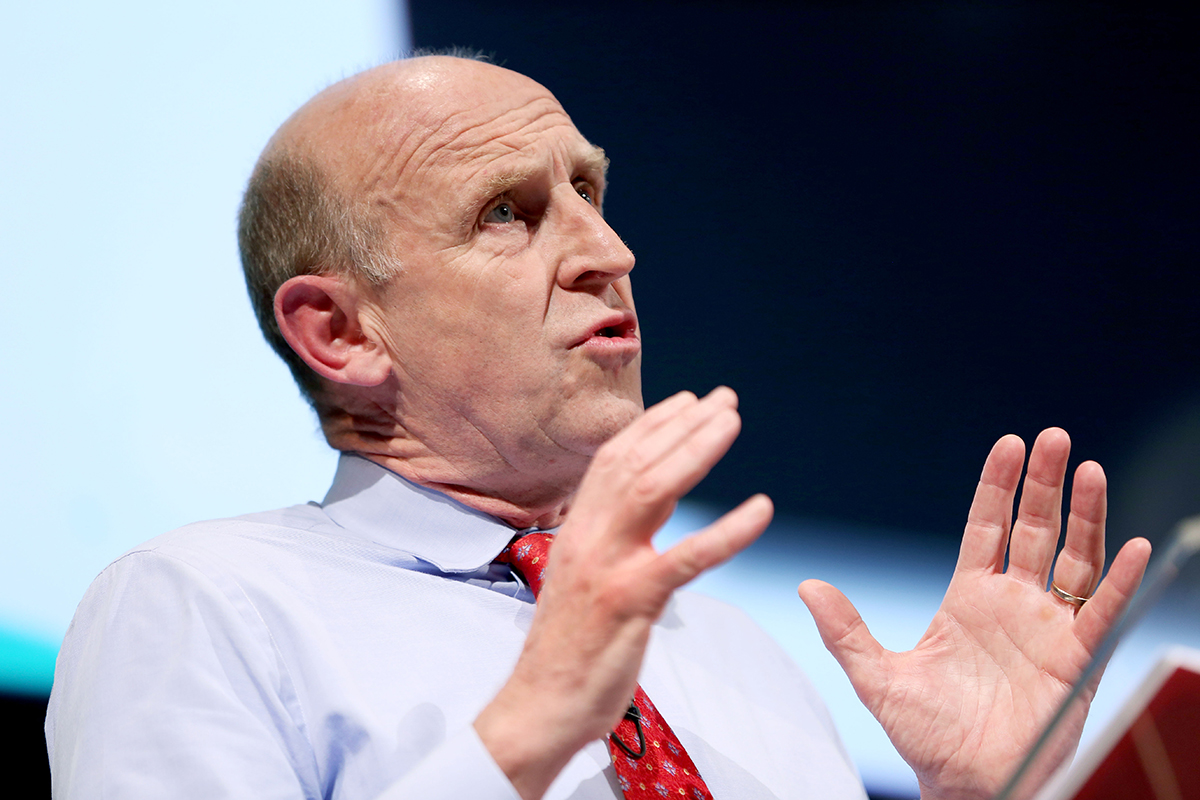You’re becoming something of a Housing conference and exhibition veteran. Are there any years at the event that have particularly stuck in your memory?
My first CIH [Chartered Institute of Housing] conference was in 2009. It was my first week as the new housing minister and officials advised against me accepting, saying: “The CIH conference is full of the field’s experts. It’s too soon to do this.”
I told them: “That’s exactly why I should do it.”
I remember being cross-examined by Mark Easton on stage, several days into the job. The CIH members have rightly proved a tough crowd for me at conferences ever since.
We understood from day one that a national disaster of the scale of Grenfell requires a national response from government.
We’ve had to urge action from ministers on every front, as only government can tackle the problems that Grenfell exposed – from getting unsafe ACM [aluminium composite material] cladding removed, to testing other suspect cladding systems, to guaranteeing residents a stronger voice, to overhauling the building safety system.
More than two years on, Conservative ministers still haven’t taken these vital steps.
Boris Johnson looks set to become prime minister. How do you think this could affect housing policy?
Making predictions in politics is a fool’s game, especially in these Brexit-dominated days. I wouldn’t bank on Boris Johnson to win.
I certainly wouldn’t bank on him to fundamentally changing Conservative housing policy. His track record is full of promises made, then broken.
In London, he promised to end rough sleeping in three years, but it more than doubled while he was mayor.
What housing policy would you implement first if Labour wins office?
We’d set up a new, fully fledged housing department to recognise the scale of the housing crisis. We would knock heads together in Whitehall and lead a housing drive on all fronts, from an end to rough sleeping, to legislation for private renters, to building a million truly affordable homes.
Source: Insidehousing






